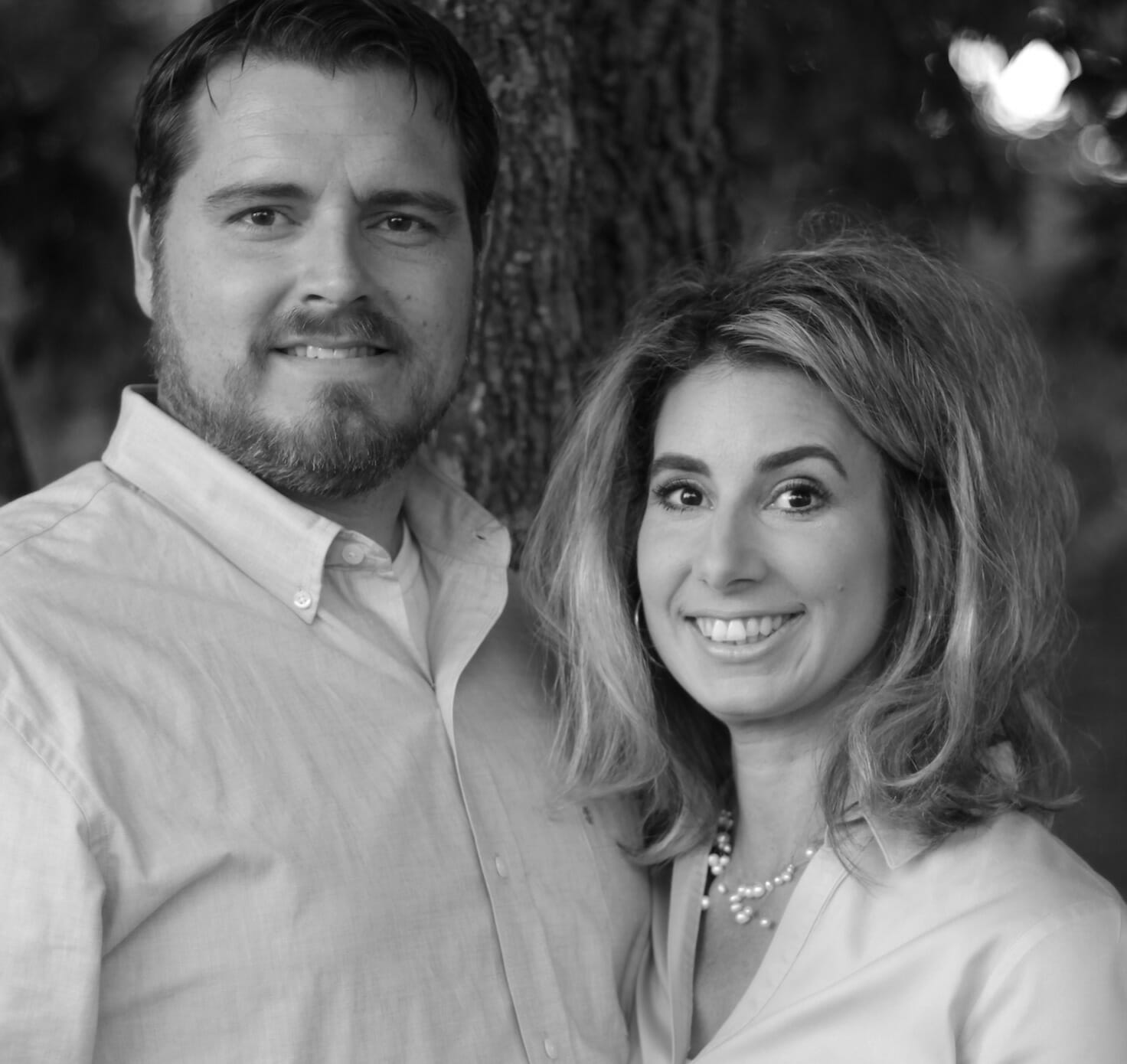Did you realize that the word ascetic stems from the Greek word asketikos which literally means laborious (think toil the curse of which Jesus paid to eradicate) and connects to their word for exercise?
About Asceticism
According to Webster’s Dictionary, ascetic means “1. practicing strict self-denial as a measure of personal and esp. spiritual discipline 2. austere in appearance, manner or attitude” (Webster’s Ninth New Collegiate Dictionary).
The practice of asceticism has been embraced by both religious and non-religious groups, dating to ancient, and even what is classified as pre-historic, times.
The Desert Fathers
In Christian history, the Desert Fathers practiced a lifestyle of asceticism. They left the culture, beginning in the third century A.D., and lived mainly in the deserts of Egypt and Syria. In many ways, they preserved a remnant of true faith in the midst of great persecution and division after the Lord Jesus Christ’s crucifixion and ascension.
Early monasteries were greatly influenced by the Desert Fathers. It is important to note here that (at least) early Irish monasteries more closely resembled schools of the prophets than the strict rules and liturgies that mark many monasteries of modern times.
The Rich Young Ruler’s Question
Remember the rich young ruler? When he pressed Jesus for what he lacked to obtain eternal life, Jesus answered, “If you want to be complete, go and sell your possessions and give to the poor, and you will have treasure in heaven; and come, follow Me.” But when the young man heard this statement, he went away grieving; for he was one who owned much property” (NASB, Matthew 19:21-22).
Based mainly on this Scripture and Jesus’ itinerant lifestyle arose a vow of poverty, particularly within the Catholic Church, for those in religious orders who publicly committed to following the Lord Jesus Christ with great devotion.
The Power of the Vow – An Act of War
Let’s stop here and note the power of a vow. Our eternal salvation rests on a vow. Inner vows are usually made in moments of awe or trauma, and often in childhood. They’re like a computer operating system which is not visible, but which runs the computer.
Jesus instructed this: Let your yes be yes, and your no be no, saying that anything beyond these is of evil origin (Matthew 5:36-37).
Father’s ancient enemy does work in those realms. They will fabricate trauma to get the agreement/vow, etc. in a painful moment to hijack the course of a person’s life.
If the vow is good, such as commitments that are made publicly in church, etc., Father’s ancient enemy and cohorts will pursue that person in order to cause him/her to break it, and thus come under accusation and (sometimes) judgment for breaking his/her word. Truly, these public vows are a declaration of war to Father’s ancient enemy.
Here are two ways we truly help the body of Christ in this regard:
First, consider changing what are public decisions. Many “public” decisions which are based on vows, etc., truly belong in the private realm between that person and Heavenly Father, and with prayer and consecration of trusted, mature individuals.
Next, if someone in our church realm, or our son or daughter, makes a public confession of his/her salvation vow in the Lord Jesus Christ (or some other public decision), pray fervently for them. It is wisdom to ask Father to seal and rearguard him or her, the decision, and the path.
Immeshed Intersection of Poverty and Holiness
Back to the rich young ruler, Jesus answered his question regarding what he lacked to become mature and to have eternal reward. In his case, it was to exchange his physical wealth for spiritual wealth. Further, Jesus lived an itinerant lifestyle, but he was not poor. In fact, wealth flowed to His ministry, from His birth.
The point is that there is a long-standing, denominations-wide, thought-line that frames what we have believed to be tenets of holy living.
Some of these deeply ingrained thought patterns include asceticism which is severity to the body, and some of that is based in Greek thinking. Paul wrote, “These are matters which do have the appearance of wisdom in self-made religion and humility and severe treatment of the body, but are of no value against fleshly indulgence” (NASB, Colossians 2:23).
The Desert Fathers and their influence on early monasteries were largely Spirit-led. Heavenly Father designed mankind for relationship – a relationship that Adam and Eve lost and our Lord Jesus Christ paid the highest price to redeem. While He does call us each to love Him with all our hearts and our neighbors as ourselves which fulfills the Law and the Prophets, He gives specific instructions to His individual sons and daughters. He told Abraham to sacrifice his son, Isaac, but He told Peter to rise, to kill, and to eat.
Further, on some occasions, He may call one to fast for a period of time or to give a sum of money. It is not a new lifestyle; it’s a micro-moment. For others, it may be a lifestyle.
There is no one-size-fits-all instruction.
Holiness Flows from Relationship
Direction goes back to relationship.
In relationship, we each receive our individual instructions. The Desert Fathers were moved, in large part, by His Spirit to come away to the desert, and by doing so, they preserved a faithful remnant. However, not all believers who desire a holy lifestyle are called to an ascetic lifestyle.
Another deeply held view that has dominated church history, and has been used against faithful, devout people who desire holiness, is the vow of poverty.
First, holiness is a gift. The Lord Jesus Christ imparts His holiness to us, as we respond to His invitation to separate ourselves from the world in order to embrace friendship with Him.
Earthly Wealth to Build Heavenly Kingdom
Next, some sons and daughters are called to secure earthly wealth in order to build the Kingdom of Light on earth and to provision the generations. Abraham started in this direction, and Isaac expanded it. Jesus spoke to the rich young ruler a specific instruction – which definitely may apply to many people through history, but not to all people who desire holiness.
In the late 1800s and early 1900s, Russell Conwell delivered his Acres of Diamonds message thousands of times. This message stirred believers to action with Conwell’s premise that each one has a God-given responsibility to recognize the “diamonds” before him or her and to make all the money possible to do all the good that can be done. Conwell well-illustrated his point – it is money that prints Bibles.
He founded Temple College, now Temple University, in Pennsylvania, as an affordable college to assist the working class with education. It is apropos that this college – which was founded to provide educational access for common people to be positioned for life, liberty, and the pursuit of happiness – was seeded in the land William Penn secured. All glory to God who weaves His story of redemption and re-formation through the generations!
Postnote: The best practice we can implement now is to learn practical steps to hear (recognize and receive) Heavenly Father’s voice for ourselves. Do yourself a favor and hear from Him yourself! You will literally be saved from a lot of grief and trouble. If you, or someone you love, would benefit from wise, practical counsel in this, please see Dr. Mark Virkler’s book 4 Keys to Hearing God’s Voice.
This is an updated edition of a post originally published on Hope Streams
Featured Image by Baruch Rabinowitz from Pixabay




















Comments are closed.